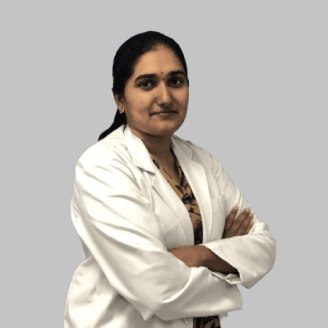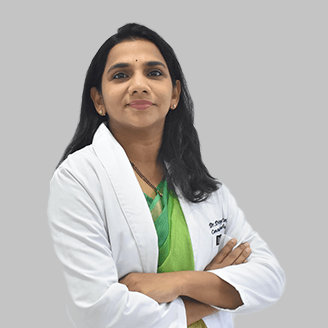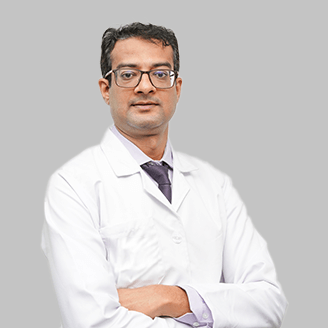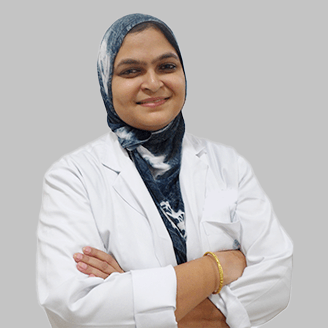-
Doctors
-
Specialities & Treatments
Centre of Excellence
Specialties
Treatments and Procedures
Hospitals & Directions HyderabadCARE Hospitals, Banjara Hills CARE Outpatient Centre, Banjara Hills CARE Hospitals, HITEC City CARE Hospitals, Nampally Gurunanak CARE Hospitals, Musheerabad CARE Hospitals Outpatient Centre, HITEC City CARE Hospitals, Malakpet
HyderabadCARE Hospitals, Banjara Hills CARE Outpatient Centre, Banjara Hills CARE Hospitals, HITEC City CARE Hospitals, Nampally Gurunanak CARE Hospitals, Musheerabad CARE Hospitals Outpatient Centre, HITEC City CARE Hospitals, Malakpet Raipur
Raipur
 Bhubaneswar
Bhubaneswar Visakhapatnam
Visakhapatnam
 Nagpur
Nagpur
 Indore
Indore
 Chh. Sambhajinagar
Chh. SambhajinagarClinics & Medical Centers
Book an AppointmentContact Us
Online Lab Reports
Book an Appointment
Consult Super-Specialist Doctors at CARE Hospitals

Liposuction and Liposculpting
Liposuction and Liposculpting
Liposuction Surgery Procedure In Hyderabad, India
Liposuction and Liposculpting are two surgical procedures that are used to remove excess fat from the body and to make your skin tight. The two procedures are similar in many respects but they also have some unique differences. You must understand the differences between two procedures so that you can choose one over another for your unique needs. CARE Hospitals offers both liposuction and liposculpting procedures. The hospital has a team of expert and trained surgeons who can help you make a decision and choose between the two.
Differences between liposuction and liposculpting
Liposuction is a surgical method for removing excess body fat and it is mainly used to remove fat deposits from the thighs, buttocks, hips, upper arms, abdomen, and lower legs. The procedure is done by giving general anaesthesia. If you want to get the best results, you must consult with an experienced and trained cosmetic surgeon.
Liposculpting also called Smartlipo is an advanced cosmetic surgery that is used for reducing fat from the chin and neck. It is a better technique as it uses a single laser fiber as compared to using a suction pump in liposuction. In this procedure, extra fat is melted away instead of sucked out. The procedure helps to tighten the skin and removes the sagginess of the skin.
Similarities between liposuction and liposculpting
Both the surgeries are done differently but liposculpting is an advanced form of liposuction. The terms are used synonymously. In liposuction, the surgeon aims to remove excess fat cells from a particular area of the body. The technique was improved and led to the discovery of liposculpting. This procedure aims to remove fat cells from specific areas to give proper shape to the body.
When performing liposuction or liposculpting, the main aim of the surgeon should be to achieve overall aesthetic results. Only removing fat cells will not give the desired results.
Which is better?
- Both liposuction and liposculpting have their benefits and they also involve risks. If you want to know which the best procedure is, you should discuss it with your doctor. You should understand a few things about the procedure to choose one over the other.
- In liposculpting, the doctor will give local anaesthesia to reduce bleeding and swelling. In liposuction, a general anaesthetic is given that produces a lot of side effects.
- Liposculpting helps in removing more fat deposits as compared to liposuction. Thus, liposculpting is a good option for removing excess fat deposits from the body parts such as the hips and stomach.
- Liposculpting gives the desired results. It is not a weight loss surgery, so you may not achieve long-term weight loss results. If you want to get rid of only fat cells, then liposuction is the best option.
What are the different types of liposculpture?
Your cosmetic surgeon might employ different liposculpture methods, which could be determined by your objectives and the dimensions of the targeted areas. These techniques encompass:
- Laser-enhanced liposculpture, utilizing laser beams to dissolve fat.
- Power-assisted liposculpture, involving a vibrating wand to break down fat cells into smaller fragments for extraction.
- Ultrasound-assisted liposculpture, utilizing ultrasound waves to disintegrate fat cells, facilitating their removal.
Who is a good candidate for liposuction?
Liposuction is a suitable procedure if you are in good health. Your body weight must not exceed the normal BMI. Your skin should be firm and elastic. You should not be a smoker. Doctors do not recommend this procedure for people who suffer from high blood pressure, diabetes, weak immune system, etc.
Before procedure
You must fix an appointment with a surgeon. Discuss your goals, options, risks, and benefits of both procedures. You should also know the cost of each procedure. Your surgeon will give you some instructions to prepare before the procedure. You should tell the surgeon if you are allergic to any medications or if you are taking medications for other health problems.
During procedure
Liposuction or liposculpting will take place in the surgery centre. The doctor will mark the sites of your body that have to be treated. The surgeon may also click the pictures before and after surgery to make a comparison. The nurse will administer general anaesthesia. In liposuction, the surgeon uses a thin tube fitted to a vacuum for the suction of the fat from your body parts.
After the procedure
You may be sent back home the same day after the surgery or you may have to stay in the hospital overnight depending on the type of surgery performed on you. You must come along with a friend or a family member to drive you home after the surgery as you cannot drive due to the effect of anesthesia. You must have someone to care for you at home for at least one day.
-
Bruising, swelling, and soreness may last for a few weeks after the surgery.
-
The surgeon may recommend you to wear a compression garment for one or two months after the surgery for managing to swell.
-
The doctor will also recommend painkillers and antibiotics for quick healing of the wound and reduce the risk of infection.
-
You may return to work after two weeks and can start doing normal living activities in 3-4 weeks but every person is different. So, your doctor will provide further instructions.
Risks associated with liposuction and liposculpting
Risks associated with liposuction may be greater than liposculpting. Some common risks associated with any surgery include:
-
Excess bleeding from the site
-
Side effects of anaesthesia
-
Accumulation of fluid under the skin
-
Shock during surgery
-
Infection at the site of incision
-
Blockage due to deposits of fat molecules
-
Uneven fat removal from the site
-
Numbness in the skin
-
Damage to the nerves, muscles, blood vessels, and other abdominal organs
-
Blood clotting is another risk in the deep veins and if clots travel to the other parts of your body, they can be more dangerous
Thus, choosing one out of the two procedures is your personal decision. But, you must discuss the pros and cons of both the procedures and should get complete information before making a decision. Your doctor can help you in deciding by giving you the correct and latest information about both the procedures.
For additional information on the cost of this procedure, please click here.
Our Doctors
-

Dr. Annamaneni Ravi Chander Rao
MBBS, MS (General Surgery), MCh (Plastic Surgery)
Plastic Surgery
View More -

Dr. Deepthi. A
MBBS, MS (General Surgery) , MCh (Plastic Surgery)
Plastic Surgery
View More -

Dr. Divya Sai Narsingam
MS, MCh (Plastic surgery)
Plastic Surgery
View More -

Dr. G Venkatesh Babu
MBBS, MS, MCh (Plastic Surgery)
Plastic Surgery
View More -

Dr. Prachir Mukati
MBBS, MS, MCh (Plastic and Reconstructive Surgery)
Plastic Surgery
View More -

Dr. Shameem Unnisa Shaikh
MBBS, MS (General Surgery)
General Surgery, Plastic Surgery
View More -

Dr. Siddartha Palli
MBBS, MS (General Surgery), MCh (Plastic Surgery)
Plastic Surgery
View More -

Dr. Subhash Sahu
MS, MCh
Plastic Surgery
View More
Frequently Asked Questions
Still Have a Question?

